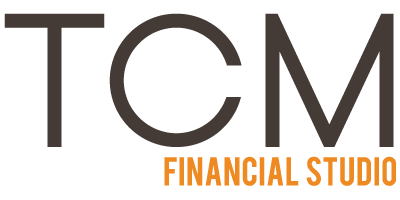Bring An Umbrella, It Might Rain…
Insurance is rarely a topic gleefully brought up at the dinner table or discussed when you’re out with friends. However, it is a crucial part of any holistic financial plan, and it looks different for everyone. Insurance might make up a larger portion of some people’s financial plan, while making up only a small portion for others. It all comes down to your risk tolerance around your cash flow.
If you’ve made it this far, you aren’t as scared of the word “insurance” as most and are at least somewhat interested in the topic. Maybe you’re in the market to review your insurance plans, change them entirely, or purchase more insurance. Unfortunately, there is no one-size-fits-all because each person will feel differently about risk.
There are some general things to keep top of mind when changing your insurance portfolio though:
1) Insurance is sold, not bought. Due to the nature of the insurance industry, most insurance brokers are compensated based on their sales. While there is nothing inherently wrong with this, you should be aware of being sold insurance products that you don’t really need. Doing your own research can greatly reduce this overspending and help you feel more confident about your new plan. Don’t be afraid to ask questions either. Any reputable insurance broker should be happy to answer even the toughest questions, like how they are compensated!
2) There’s no perfect amount of insurance. We all live in very different situations with varying levels of risk tolerance. The goal of insurance is to transfer some of the financial risk away from yourself so that you are comfortable if a rainy day comes along. While $1,000,000 of life insurance might be “right,” you can decide to only cover $500,000 and that’s okay. Every little bit will help in a time of need. It all comes down to understanding the risks that could impact your financial plan and then deciding how much risk you can tolerate.
3) Insurance is just a piece of your financial plan, not the whole plan. If your insurance premiums are infringing on your cashflows and breaking your budget, it may be time to adjust your plan and take another look at your financial goals.
4) Term insurance is almost always better than permanent insurance. Change is one of the few constants in life and having an insurance plan that you can grow with and change when needed is a huge bonus. After all, you can always revert to permanent insurance in the future, usually without having to answer any medical or lifestyle questions.
5) If you’re insured through multiple plans, there may be some overlap. Many of us have benefits through a group insurance plan at work, while also being insured through other avenues. It’s important to fully understand what’s covered in your plans to identify any overlap that could lead to overspending. Making sure you fully understand the stipulations of your contract (especially any workplace coverages) is a crucial step in creating a plan that works for you.
6) Finally, don’t forget about Disability and Critical Illness Insurance. In our practice we tend to find most clients, especially younger ones, over-insured with Life coverage and underinsured with Critical Illness and Disability Insurance. Often, the latter are more expensive but that is a direct result of the increased likelihood of a claim occurring.
There is no right or wrong way to go about creating an insurance plan. We recommend taking the time to understand the risks that would impact your financial plan. But as long as you do your research, explore all of your options, and ensure you know what you’re already covered for the experience should be a breeze. Rainy days happen, and only you can pick the umbrella.
The information in this document has been prepared by Taylor Hewson and Connor Hewson, registered investment advisors with PEAK Securities Inc. The information has been obtained from sources considered reliable and relevant. The information in this document is general in nature and may not be complete in regards to your personal situation. This document does not constitute investment advice. The opinions expressed above do not necessarily reflect those of PEAK Securities Inc. Peak Securities is not liable for the content of this document.



